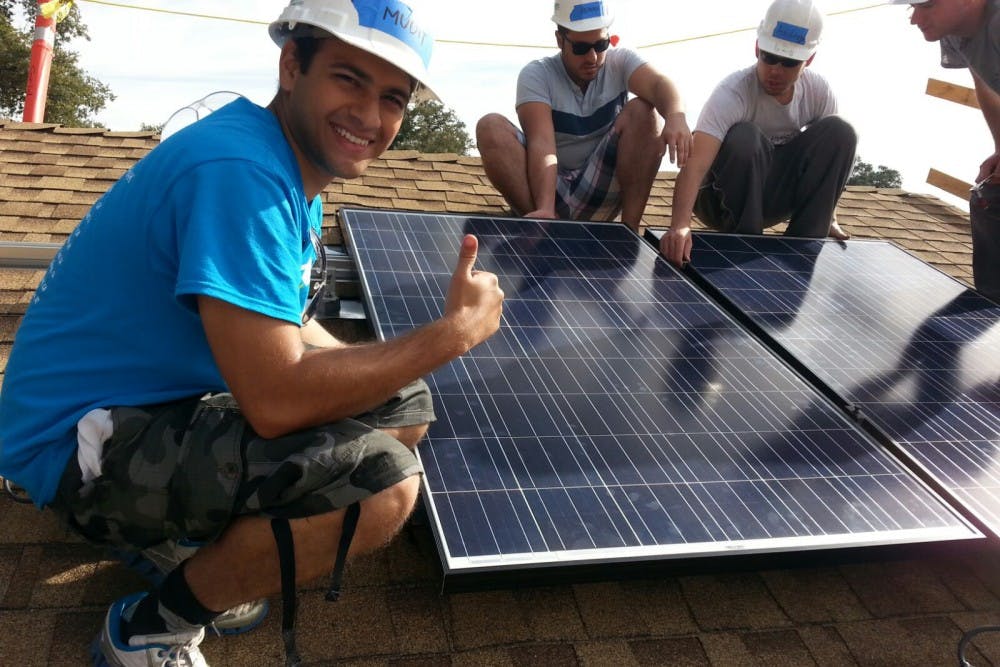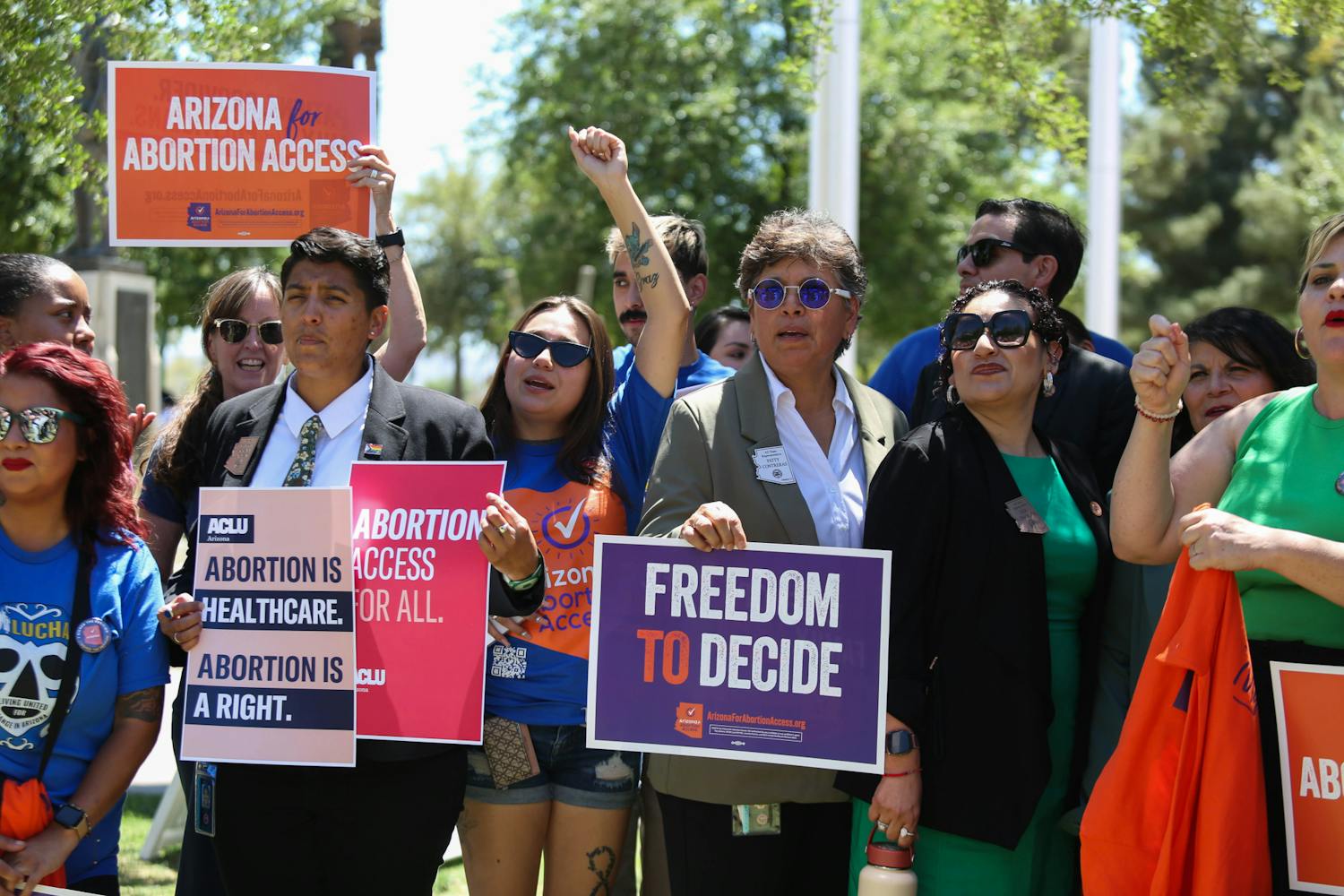While the average ASU student may look forward to soaking up the sun during spring break, ASU’s engineering graduate program plans to celebrate by offering free solar panels to low-income households.
Professional Science Master’s in Solar Energy Engineering and Commercialization is a graduate program offered at the Ira A. Fulton Schools of Engineering at ASU.
The program's project, called "Solar Spring Break," will focus the group's efforts on bringing solar-based knowledge to a Southern California Indian reservation.
Karen Dada, the program's manager, said the program looks to improve one or two homes during ASU's 2016 spring break at San Pasqual Indian Reservation by placing high quality solar panels on low-income households.
Dada said the organization looks forward to the second “Solar Spring Break” as it works in collaboration with non-profit solar organization, GRID Alternatives.
The students involved in the Solar Spring Break project must be able to raise $5,000.
Dada said that in return GRID Alternatives will supply the means to properly install the solar panels on the homes.
Although it may seem like a tough task, program volunteer Aakash Bhansali said he can only see the positive side of the project.
“It’s a great feeling to help these people while applying what I learned in school,” Bhansali said. “Helping people in any way possible is something I always strive for.”
Bhansali, along with the other volunteers, will help one to two low-income households of San Pasqual in a big way.
GRID Alternatives Volunteerism and Collegiate Manager Lia Papazoglou said last year's Solar Spring Break provided two low-income households with solar panels that saved the families an estimated $25,000 to $30,000 each over a 20 to 30 year span.
Papazoglou said the families will not pay for any of the solar panels installed on their homes.
Although GRID Alternatives works with multiple universities across the nation, Papazoglou said ASU has been especially proactive.
“ASU is particularly enthusiastic and knowledgeable when they are coming in to help people and connect the community with solar energy," Papazoglou said.
Related Links:
Solar power house to teach sustainable living in central Phoenix
Letter: Solar power should be priority
Reach the reporter at dcaltabi@asu.edu or follow @davidcaltabiano on Twitter.
Like The State Press on Facebook and follow @statepress on Twitter.




